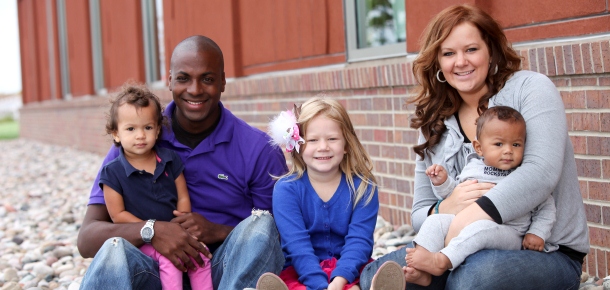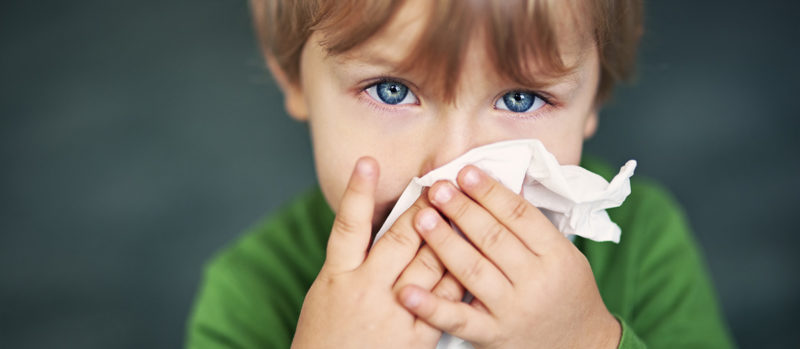The bacteria bordetella pertussis has taken up residence in Greater Cincinnati and is leaving many babies, children and adults gasping for their breath.
Bordatella pertussis is the bacteria which causes pertussis illness, more commonly known as whooping cough. And per Hamilton County Public Health, 108 people in SW Ohio were diagnosed with pertussis in the month of October – compared to 23 cases reported during the same month in 2012.
While this may not sound like a large number, for a disease that is preventable with vaccination, any elevated occurrence of the disease in an area should be noted and addressed.
Cincinnati Children’s is joining all of our local health departments in urging citizens in our community to review their vaccine records, review CDC recommended pertussis vaccination guidelines and take steps to ensure that each member of their family is fully vaccinated against this illness.
If you have infants in your family or care for infants, it is particularly important that you take action quickly. Pertussis is most dangerous for babies, as they are at greatest risk for getting the illness and then also at greatest risk for severe complications, including death. About half of infants younger than 1 year old who get the disease are hospitalized.
You can help protect babies from this illness by making sure everyone around the infant is immunized. This is called “cocooning” the baby and includes parents, siblings, grandparents, babysitters and any other family members who spend time with the baby.
Additionally, pregnant women can and should receive the Tdap vaccine during each pregnancy, usually between 27 and 36 weeks gestation, to help mothers build antibodies which are then passed to the newborn, likely providing protection against pertussis during the time before the baby can start getting DTaP vaccines at 2 months old.
It should be noted that we did purposely mention two different vaccines in the paragraph above. DTaP is administered to children in 5 doses beginning at 2 months old. Tdap is the booster vaccine that is administered to teenagers and adults.
Pertussis can be a bit tricky because the first symptoms of the illness usually look much like a cold – runny nose, low-grade fever and mild, occasional cough. But a week or two later, extreme coughing spells often begin. During these episodes, people can literally cough so hard and long that they throw up or turn blue because they can’t breathe. The name whooping cough comes from the gasping “whoop” sound when a person sucks in air after a coughing fit. It’s serious and should be treated as such.
In adolescents, adults and previously vaccinated individuals, symptoms, including the cough, may be milder but the individual is still contagious. Pertussis illness in adolescents and adults is often mistaken for bronchitis or “just my allergies.”
About 50% of the SW Ohio cases in October were in children under 5 years old. Please double check with your pediatrician that your children are up to date with their vaccinations and make arrangements to have a booster for teenagers and for yourself.
If you begin showing early symptoms of pertussis – runny nose, low-grade fever and mild cough – please keep your distance from infants and young children and seek medical attention. Pertussis is highly contagious and it spreads through coughing and sneezing. A person with pertussis illness can infect up to 12 to 15 other people if those people are not properly vaccinated.
If pertussis is circulating in the community, as it is in ours, there’s a chance that even a fully vaccinated person of any age can catch the disease. But if you’ve been vaccinated, the infection is usually less severe.
And because we know that pertussis and other respiratory illnesses are in our community, always practice, and teach your children to practice, good cough etiquette and proper handwashing techniques – these are important defenses against all infectious diseases.
Editor’s note: Vaccines are usually available from primary care practitioners and at walk-in clinics such as Kroger or Walgreens. Our local health departments also have and administer vaccines. It’s always a good idea to check with your physician or a walk-in clinic for availability of the vaccine that you need.







Great post.
Children tend to have a less strong immune system compared to the adults and that is one of the reasons they get affected by certain elements in growing up years. Of these, some respiratory ailments can prove to be quite menacing. One of these is whooping cough.